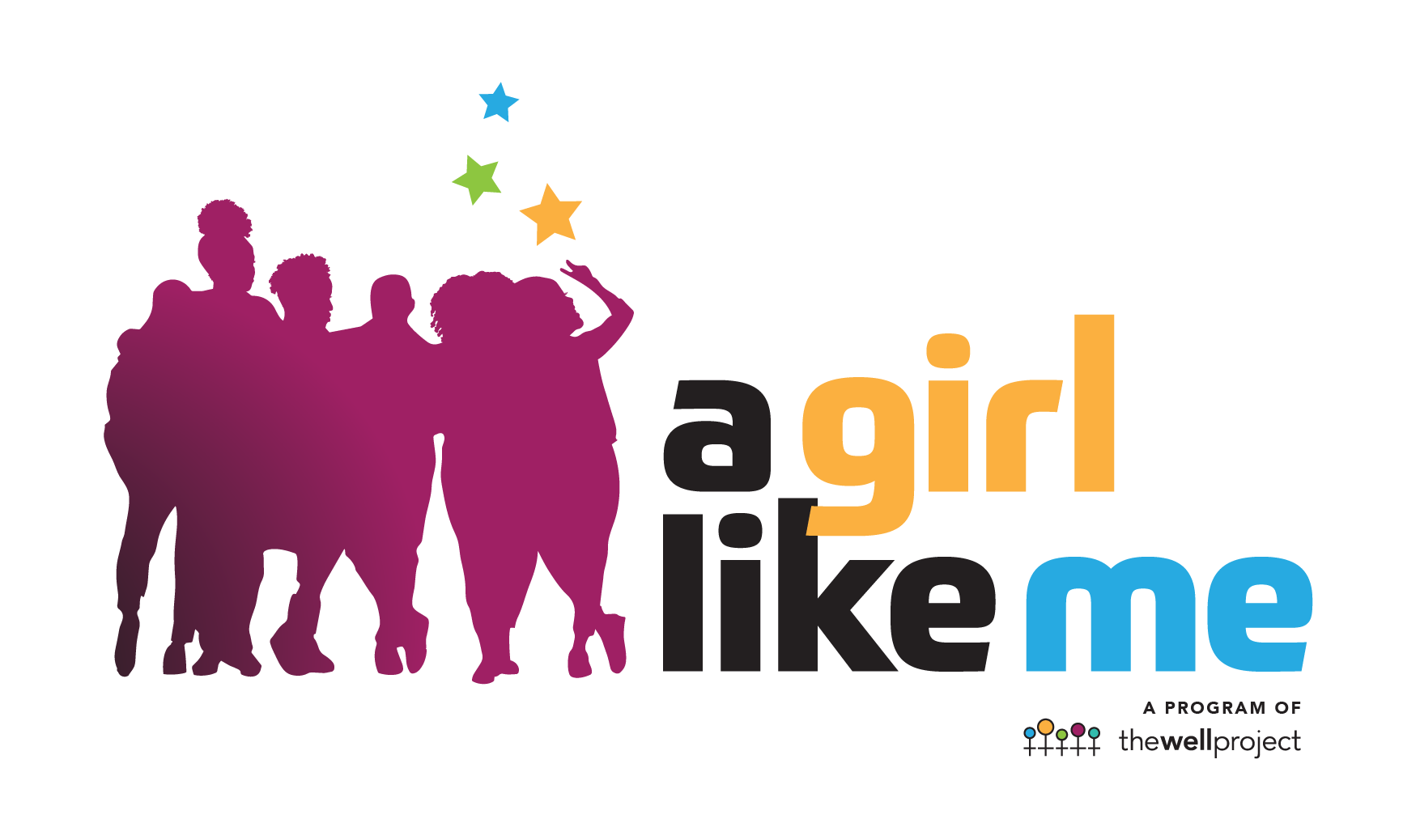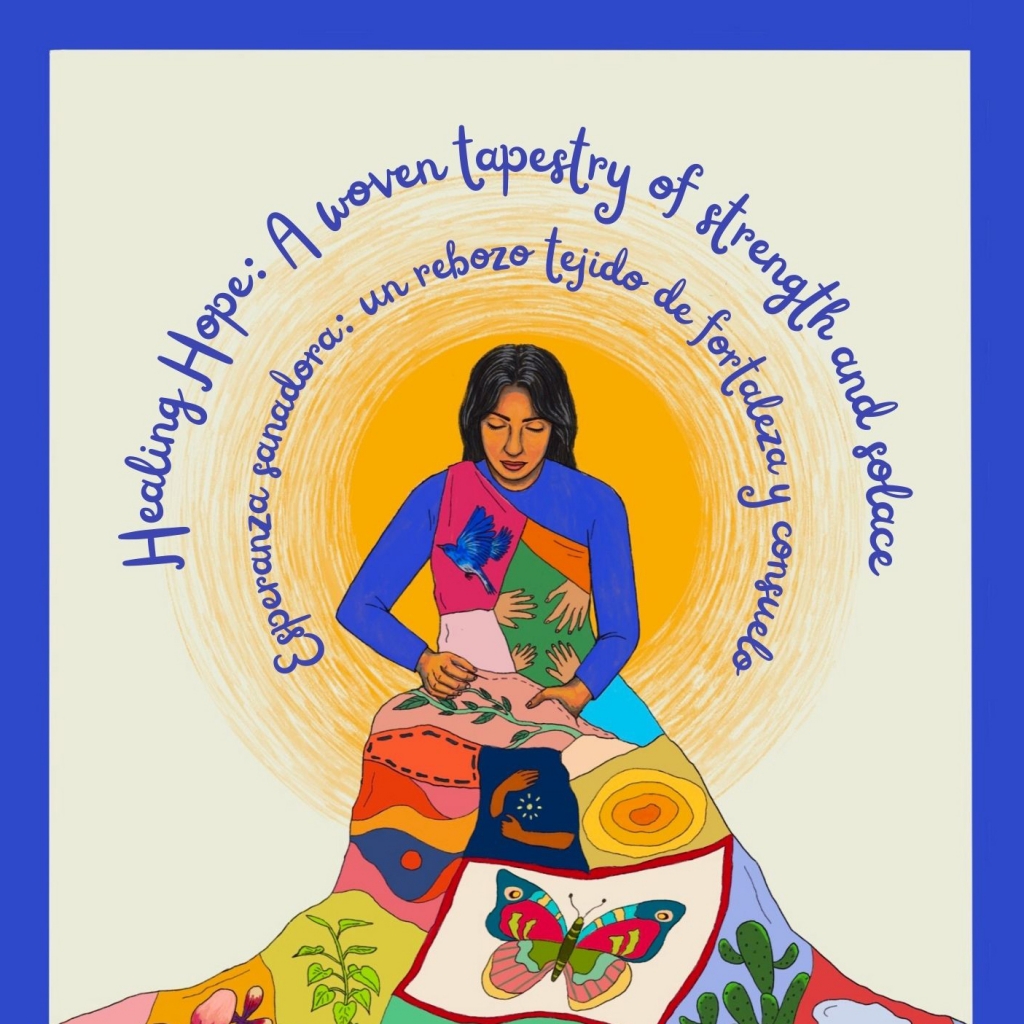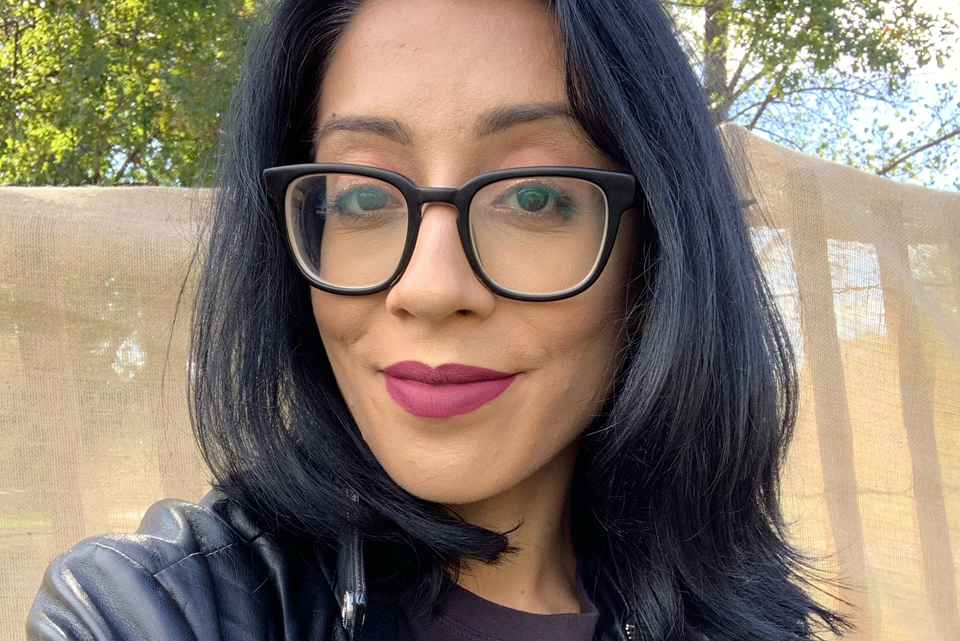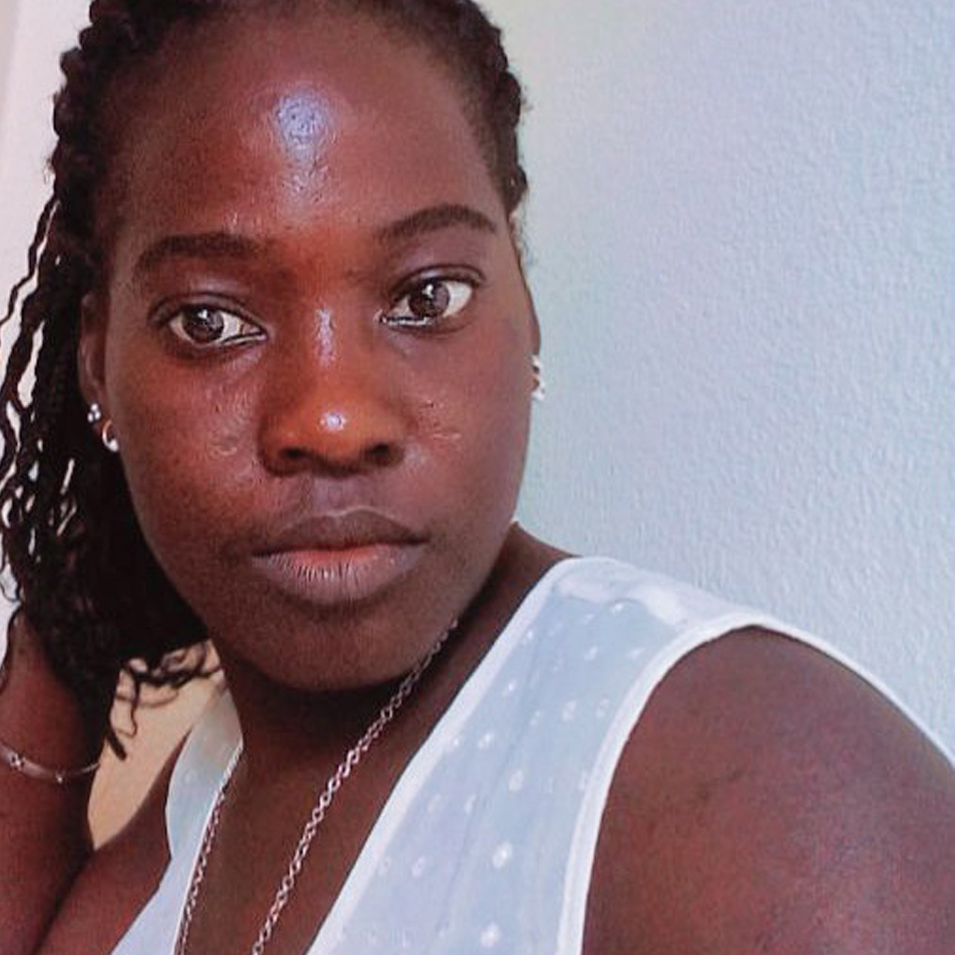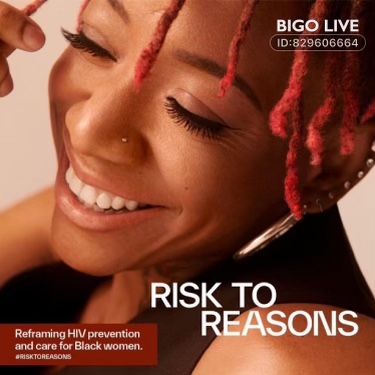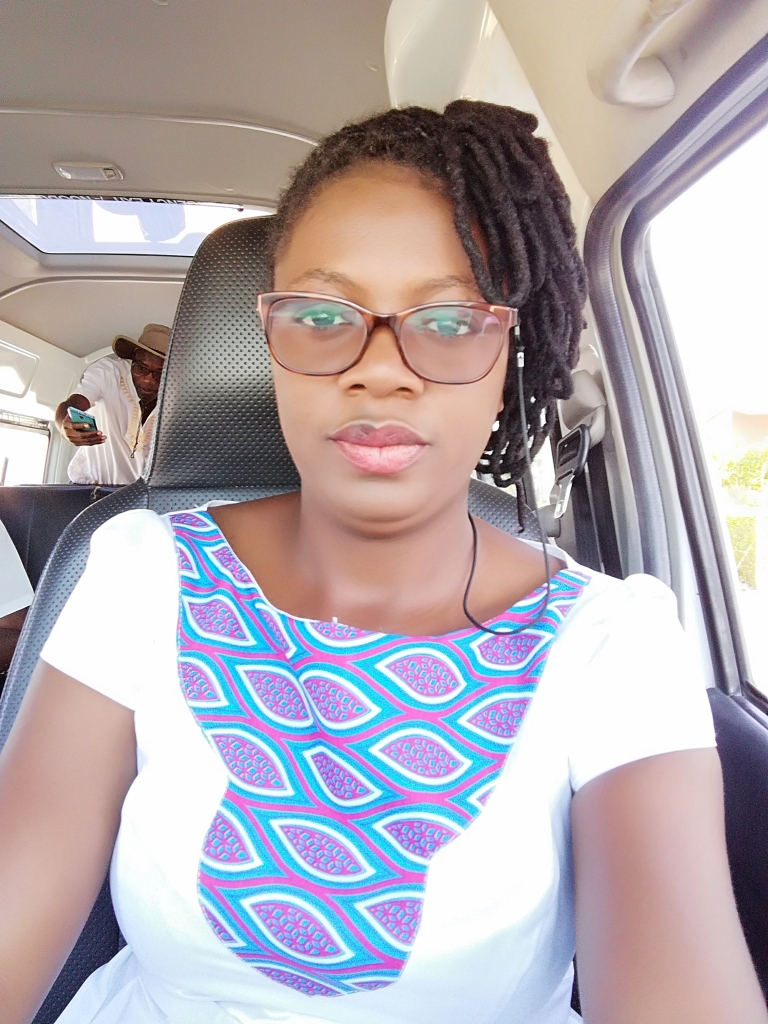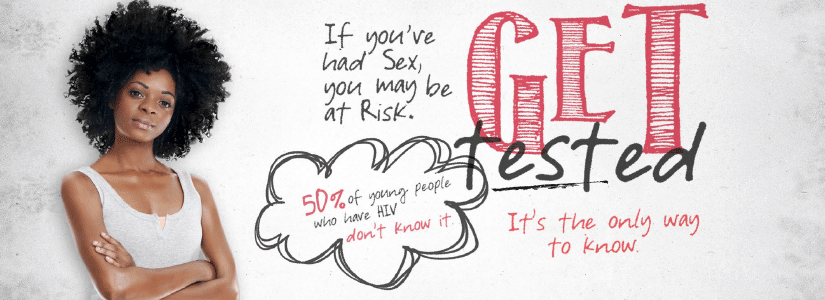As part of a collaboration with our longtime partner organization Christie's Place, The Well Project will be sharing stories from their book "Healing Hope: A woven tapestry of strength and solace" as blog entries on our A Girl Like Me platform. The views and opinions expressed in this project are those of the authors and do not necessarily reflect the views or positions of The Well Project.
by Magdalena
Translation of Audio Transcription
Lea este blog en español
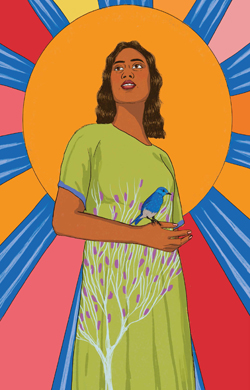
My name is Magdalena P. I was diagnosed four years ago, in 2017. It was really hard to get that diagnosis, but I've always been one of those people that just focuses on the positive. So, for example, I thought, how can I shift this from a very negative thing to something better? I always focus on positive things that exist around bad things. That has always motivated me. But getting that news was like a bucket of icy water, as they say. Those are the times when you really understand what the saying means.
After I got my diagnosis, I automatically started to apply what I knew, to ask questions, to better understand. You might not believe it, but we're still so far behind in terms of information. It's not that the information isn't out there. It's that no one is ever talking about it, about what HIV is. There is so much stigma related to HIV; it's terrible. Most people associate HIV with the worst of the worst; that only happens to the worst people, and it's just not like that. Again, stigma is real.
At the end of 2016, my partner and I were together. We'd been together for about three years or so since 2013. At the end of 2016, he started to get sick and then sicker. At first, his stomach really hurt, so we went to the doctor. It's odd because I have a history of cancer. I am a cancer survivor. I've always been in treatment using the medical services provided to me. I visit my doctor for regular physical checkups. That's why my doctor never thought about giving me another HIV test. All my test results were always fine throughout my cancer. I think there was a point where my doctor really felt that I was healthy, or maybe… I just don't know what happened.
My partner began to have some problems, and I had to take him to a doctor. They would always tell him there was nothing wrong. They'd say, "Maybe he just ate something that didn't agree with him." Instead of getting better, he just got worse. We would just go from appointment to appointment. "Maybe it's a stomach virus," they said. It never occurred to either one of us that it might be HIV. He started losing a lot of weight. I didn't know what else to do because I'd take him to the doctor, and they'd say, "There's nothing wrong." His doctor never thought to give him an HIV test. They did all kinds of tests—but never for HIV.
We used his health insurance to find a gastroenterologist because the medical team kept telling us that he had a stomach problem. Basically, by the time I took him to see the specialist, he was like the walking dead. He had to hold on to me just to walk. I was always frustrated because I'd take him to see his doctor and sometimes to the hospital, but no one ever treated him. When we arrived at our appointment with the specialist, the doctor said, "What is this man doing here? He should be in the hospital."
You might not believe it, but we're still so far behind in terms of information. It's not that the information isn't out there. It's that no one is ever talking about it, about what HIV is.
Then, after a few questions, the specialist told me that he had two separate diagnoses, and it would be almost impossible for him to be wrong. The doctor couldn't believe that they wouldn't have run any other tests on my partner. He called the hospital where my partner had been seen several times and told them to treat him immediately. I am so grateful to that specialist because he helped me a lot, and he really scolded those hospital employees for not having given my husband adequate attention and for allowing him to leave the hospital even though he was clearly in bad condition.
When we got to the hospital, none of the employees paid attention to us, even though they knew they had to admit my partner immediately. I called the specialist and told him what was happening, and then they moved us into a room right away. Hours later, we were still waiting. Basically, they didn't do anything to help my partner. I've worked in the medical field, and I know what it's like to work with difficult people. I always try to avoid being that person, but sometimes I forget that the squeaky wheel gets the grease. After they completed all the tests, we found out they'd also done an HIV test. Neither the doctor nor the hospital had ever ordered that test.
After a while, they gave us the results. I noticed a security guard was waiting for the doctor just outside the room. Why, I don't know. Also, the doctor never closed the door to keep our conversation confidential. She just told us that the HIV results had been positive, then she turned around and left. I still don't understand why there was a security guard there. What kind of people did they think we were?
I only had two options—I could fall on the floor and cry, or I could get up and get on with life.
My partner and I sat in silence for a long time. Finally, they told us that he needed to be hospitalized, and they began treatment to see how he would react. Even though I knew the basics about HIV, I would catch myself thinking that I shouldn't touch anyone because I knew that I was also infected. I had been having unprotected sex with my partner for more than three years. It would have been almost impossible for me not to be positive. The nurse that was looking after my partner asked me how I was doing. I told her I was fine and trying to learn more and understand more. She said she knew that I'd received some very difficult news but that she was really pleased to see that I was looking for more information. I just said, "It is what it is." I only had two options—I could fall on the floor and cry, or I could get up and get on with life.
When I made my appointment to get my test, my doctor apologized to me for not keeping up with my HIV tests. As a cancer survivor, I used to get tested frequently, but they always came out negative, so I guess we both assumed the tests were no longer necessary. I took the test on a Friday, and I knew that the results wouldn't be ready until Monday. I already knew the results. I just needed confirmation. When Monday rolled around, the doctor asked to see me in person, and that's when she gave me the results. They were positive.
I went to register with my case manager and to learn more about HIV. And that's when they told me about Christie's Place and the retreat that they hold every year. At first, I really didn't want to go, but my case manager convinced me, and so I ended up going. I really loved the way they treated us there, the chance to meet so many empowered women, and to hear each of their stories about how HIV does not define you. A long time ago, I thought to myself that someday I would be doing this kind of work, and here I am, working to support women, providing HIV education as a peer educator here at Christie's Place.


